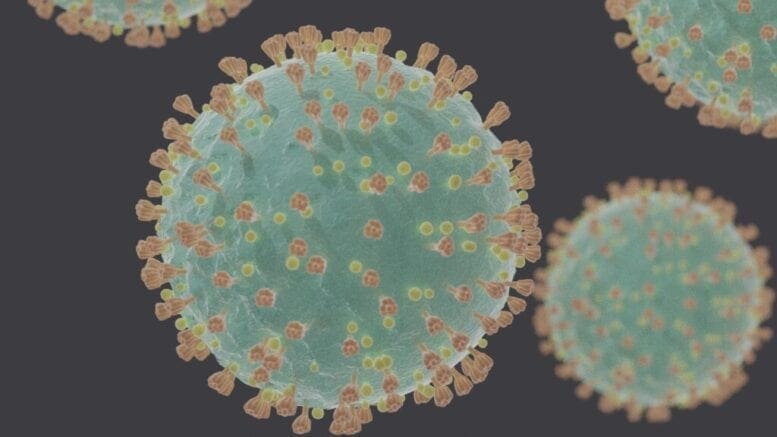According to a public information release from the U.S. Department of Justice Stanley Dorceus of Marietta, was one of five people who pleaded guilty to a scheme to defraud the Paycheck Protection Program (PPP).
The program is part of the CARES act that provides funds to lessen the economic impact of the COVID-19 pandemic on Americans.
Six other individuals were also charged in the scheme to fraudulently obtain approximately $1.5 million in PPP loans for five businesses in Georgia and South Carolina, but have not yet entered pleas.
[The Cobb County Courier has a policy of withholding or redacting the name of suspects unless and until the person is convicted in a court of law or enters a plea of guilty. All suspects are innocent until proven guilty, and the internet has no effective way of removing reports of arrest if the person is exonerated].
According to the public information release:
Acting Assistant Attorney General Nicholas L. McQuaid of the Justice Department’s Criminal Division; Acting U.S. Attorney Bobby L. Christine of the Northern District of Georgia; Special Agent in Charge Chris Hacker of the FBI’s Atlanta Field Office; Special Agent in Charge Kevin Kupperbusch of the Small Business Association Office of Inspector General (SBA OIG) Eastern Region; and Special Agent in Charge Mark Maroni of the Treasury Inspector General for Tax Administration (TIGTA) Southeast Field Division made the announcement.
The six individual who have been indicted but have not yet entered pleas were charged in an indictment filed in the Northern District of Georgia with “conspiracy to commit bank fraud, bank fraud, false statements to a financial institution, and money laundering.”
All the defendants were allegedly part of a larger group that have obtained about $3 million in loans. Authorities have recovered $1,195,784.98 of the money.
The individuals who entered guilty pleas are listed in the news release as follows:
- Antonio D. Hosey, of Atlanta, Georgia, pleaded guilty to a one-count information charging conspiracy to commit wire fraud and money laundering(20-CR-396-LMM);
- Timothy Williams, of Atlanta, Georgia, pleaded guilty to a two-count information charging conspiracy to commit wire fraud and making false statements(20-CR-339-LMM);
- Stanley Dorceus, of Marietta, Georgia, pleaded guilty to a two-count information charging conspiracy to commit wire fraud and making false statements (20-CR-320-LMM);
- Kenneth L. Wright, Jr., of Atlanta, Georgia, pleaded guilty to a two-count information charging conspiracy to commit wire fraud and making false statements (20-CR-285-LMM); and
- Mark A. Stewart, of Greenville, South Carolina, pleaded guilty to a two-count information charging conspiracy to commit wire fraud and making false statements (20-CR-319-LMM).
The companies who received the allegedly fraudulent loans were PowerHouse Sports Academy LLC, Faithful Transport Services LLC, KMJ Transport LLC, Market Yourself LLC, and Rare Breed Nation LLC.
According to the public information release the defendants carried out the alleged fraud “by submitting loan applications containing numerous false and misleading statements about their businesses. Thompson allegedly aided the applicants in submitting the fraudulent loan applications in exchange for a percentage of the loan proceeds.”
The news release described the CARES Act and the PPP as follows:
The Coronavirus Aid, Relief, and Economic Security (CARES) Act is a federal law enacted March 29, 2020. It is designed to provide emergency financial assistance to millions of Americans who are suffering the economic effects resulting from the COVID-19 pandemic. One source of relief provided by the CARES Act is the authorization of up to $349 billion in forgivable loans to small businesses for job retention and certain other expenses through the PPP. In April 2020, Congress authorized over $300 billion in additional PPP funding.
The PPP allows qualifying small businesses and other organizations to receive loans with a maturity of two years and an interest rate of one percent. Businesses must use PPP loan proceeds for payroll costs, interest on mortgages, rent and utilities. The PPP allows the interest and principal to be forgiven if businesses spend the proceeds on these expenses within a set time period and use at least a certain percentage of the loan towards payroll expenses.

